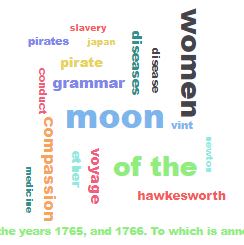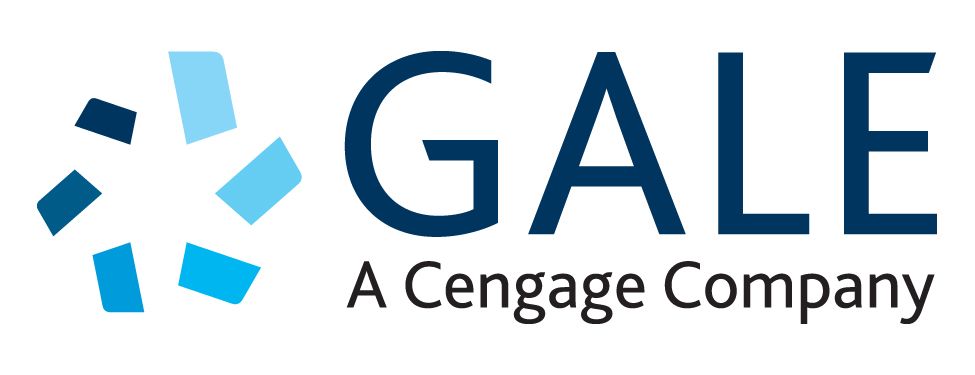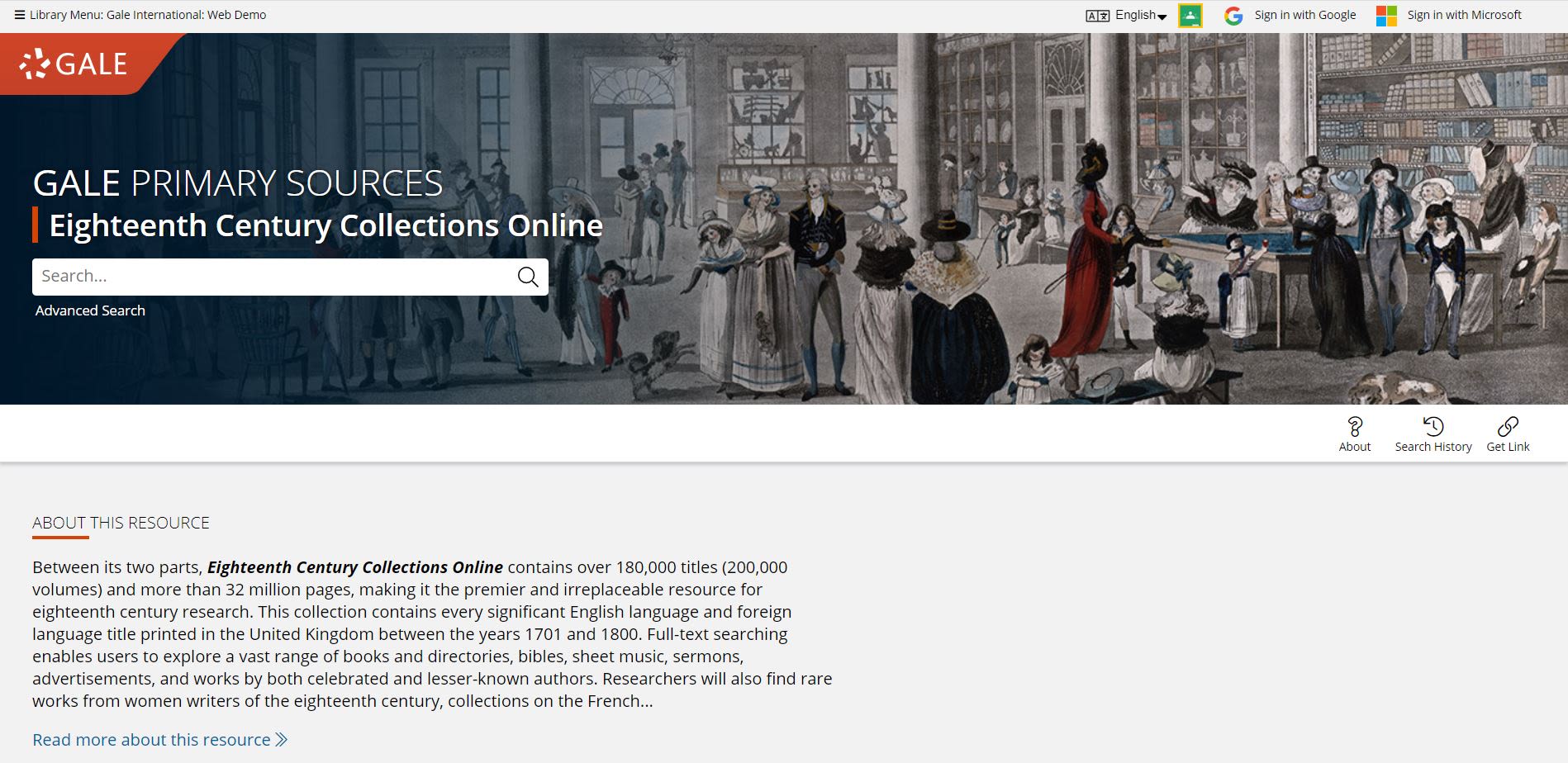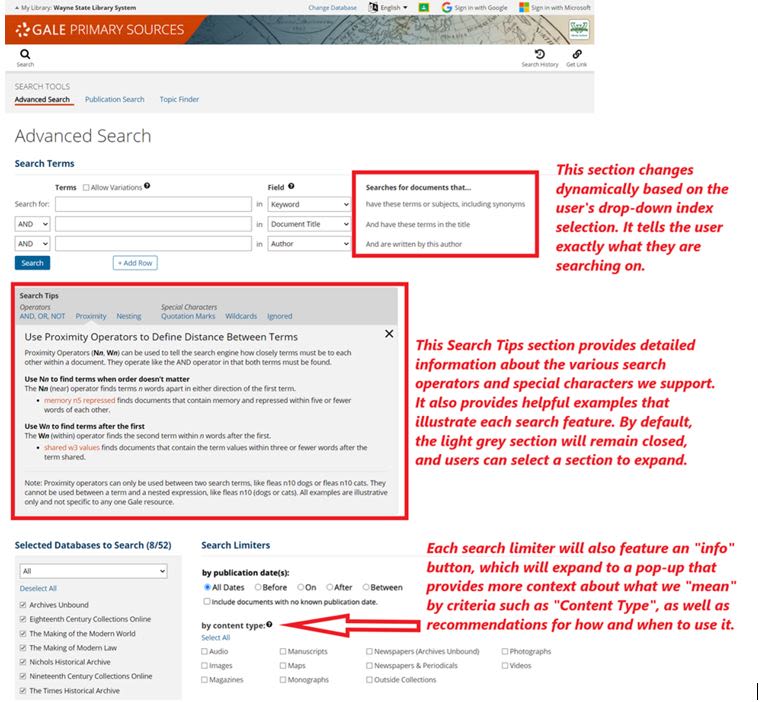The World’s Most-Used Resource for 18th-Century Studies Gets an Upgrade
“[ECCO] will change the way people think about the eighteenth century and how they write about it. It allows scholars and researchers to delve deeper than ever before into this key period in world history.”

This prediction from Robert H. Scott, former head of Electronic Text Service at Columbia University, was featured in the 2003 press release announcing the arrival of Eighteenth Century Collections Online (ECCO). ECCO was hailed as the instrument of great transformation in eighteenth-century studies. So, have these predictions been validated and, as ECCO is upgraded to a new platform with enhanced features, what is its value today in what is a changed digital world?
Eighteenth Century Collections Online can be seen as a library of eighteenth-century life. It is an extraordinary resource for all manner of research topics. Not only does ECCO provide the facsimile texts of well-known, less well-known, and the unheard-of for centuries, but it enables researchers and students to search through its entire corpus.
Eighteenth Century Collections Online has consistently been the second most heavily used resource within Gale Primary Sources. Retrievals are around 300,000 to 700,000 per month, with peaks up to 800,000. This usage is global, with the top 10 countries for retrievals in 2019 being the United States, the United Kingdom, Switzerland, Canada, Germany, Australia, Ireland, Brazil, the Netherlands, and China. Top search terms between 2016 and 2019 were “moon,” “women,” “of the,” “compassion,” “grammar,” “voyage,” “pirate,” “diseases,” “Hawkesworth,” and “ether.” Those for 2020 all relate to Shakespeare. Perhaps reciting the Bard wards off disease, politicians, or Brexit!

Evidence of how Eighteenth Century Collections Online is being used for research can be found in hundreds of books and articles.[i] In some cases, the research was conducted within ECCO. In others, individual titles within ECCO are referenced. ECCO has enabled research on the history of the concept of “data”; the concept of “human rights”; a comparison of gendered meanings of the terms “civil society,” “civility,” and “civilization”; poems on affairs of state for an analysis of textual representations of Queen Mary II; texts on epilepsy for understanding Ann Radcliffe’s The Mysteries of Udolpho; a study of the contrast between “emotion” and “passion”; and the number of works mentioning mathematics across the eighteenth century, to mention just a few.[ii] Researchers for the Oxford English Dictionary use ECCO to locate examples of eighteenth-century word use.
With the 2018 launch of Gale Digital Scholar Lab, researchers and students engaged in textual analysis or digital humanities (DH) projects can now access all Eighteenth Century Collections Online data using the Lab’s document clustering, named entity recognition, Ngrams, parts of speech, and sentiment analysis tools.[iii] Interrogating the data with the researcher’s own tools is another option. ECCO has been the basis for many DH projects, such as those by the COMHIS Collective,[iv] the multinational Commonplace Cultures project,[v] or the Linguistic DNA of Modern Western Thought project.[vi]
What about its contribution as a teaching tool? Faculty report recommending Eighteenth Century Collections Online most frequently as a source for final-year students researching for their long essay. They have also created class projects with the primary goal of introducing students to primary sources, including ECCO.
Senior Lecturer Stephen H. Gregg, at Bath Spa University introduced first-year students on his “Eighteenth-Century Studies” survey module to Eighteenth Century Collections Online through what they called “ECCO projects.” It started as an experiment to see whether ECCO could be useful for students beyond serving as an eLibrary. Could the students use it for research themselves? Would it deepen their engagement with the eighteenth century? The experiment required preparation, but the account suggests it became a positive addition to teaching the survey.[vii]
Professor Eleanor F. Shevlin, at West Chester University introduced Eighteenth Century Collections Online in several projects to demonstrate textual production and layout, the social and cultural context of readers, and intertextual dialogues. One project involved studying Lady Montagu’s Turkish Embassy Letters, comparing her descriptions of the Levant with those of previous male authors. The students discussed context, representations, viewpoints, styles, and aims, and gained a deeper understanding of Montagu’s work in the history of British travel writing about the East. A second exercise involved a search for “coffee house,” which showed that coffee houses had served both inspirational and practical functions beyond the standard associations. [viii]
Enhancing Eighteenth Century Collections Online as a teaching and student resource was one of the top priorities in Gale’s recent upgrade of ECCO to a new platform and user interface. The champion of this transformation, Megan Sullivan, MSI, analyzed user feedback, the results of a widely distributed survey, and findings from an extensive series of usability tests. She interviewed ECCO users and discussed their research practices and experiences with ECCO, then walked them through wireframes of the proposed new user interface.
Three main areas needed to be addressed. First, Gale’s search engines and indexes are now more sophisticated with user interfaces better aligned to the more digitally experienced users of today. Second, more assistance is needed up front for new users. And third, ECCO now appeared dated and reflected rather outmoded ways of viewing history. So, what has changed? Quite a few impactful changes and enhancements have been made, with more to come in subsequent software releases.
New features to ECCO include:
- Topic Finder, to find topics and results related to the search term.
- Term Frequency tool, which displays the number or percentage of works per year containing a search term.
- Option to change the language of the interface.
- Option to sign in via a Google or Microsoft account.
- Option to view and download the optical character recognition behind the page.
- Cross-search capability with other Gale Primary Sources archives held by the library (particularly useful would be the eighteenth-century newspapers in the famous Burney or Nichols collections, the eighteenth-century sections of State Papers Online, The Making of the Modern World, or the module of Romantic literature in Nineteenth Century Collections Online[ix]).
A thumbnail image and keyword preview of the work in the results list are among the modifications to assist searching and navigating results. There are more filters to narrow the results by author, person about (person as subject), language, and source library. For new users and those trying different types of searches, there are now extensive search tips under the Advanced Search box, with explanations beside each search index. These new features and modifications will enhance the Eighteenth Century Collections Online research experience for long-standing users and new students.
Evidence suggests that Eighteenth Century Collections Online has radically changed research and research methods. With ECCO, scholars and researchers are finding content that would have otherwise remained on shelves, untouched, for centuries. ECCO’s new functionality, and that to come, together with the evolving Gale Digital Scholar Lab, will further spur the growth of research output.
This content is sponsored and written by Gale, a Cengage company. The editorial staff of Inside Higher Ed had no role in its preparation.
[i]. A search in JSTOR, for example.
[ii]. D. Rosenberg “Raw Data’ is an Oxymoron, 2013, J. Rendell, Civil Society and Gender Justice, New York, 2008, P. de Bolla, The Architecture of Concepts, New York, 2013; E.A. Phillips, Restoration: Studies in English Literary Culture, 1660-1700, Vol. 37/1 pp. 61-75; B.L. Schillace, Eighteenth-Century Studies, Vol. 42/ 2, pp. 273-287; H-J. Diller, Archiv für Begriffsgeschichte, Vol. 52, pp. 127-151; B. Wardhaugh, Notes and Records of the Royal Society of London, Vol. 63/4, No. 4, pp. 325-338.
[iii]. See Gale Digital Scholar Lab
[iv]. See https://comhis.github.io/data-mining/bsecs17-session-on-data-mining-ecco-and-estc/ and https://www.helsinki.fi/en/researchgroups/computational-history.
[v]. See http://commonplacecultures.org/
[vi]. See https://www.linguisticdna.org/
[vii]. Stephen Gregg, “Using Eighteenth-Century Collections Online (ECCO) as a Learning and Teaching Resource,” The English Subject Centre Archive, October 2007.
[viii]. Eleanor F. Shevlin, “Exploring Context and Canonicity: Lessons from the ECCO and EEBO Databases,” The Eighteenth-Century Intelligencer, September 2009.
[ix]. See “Eighteenth Century Collections Online.”




